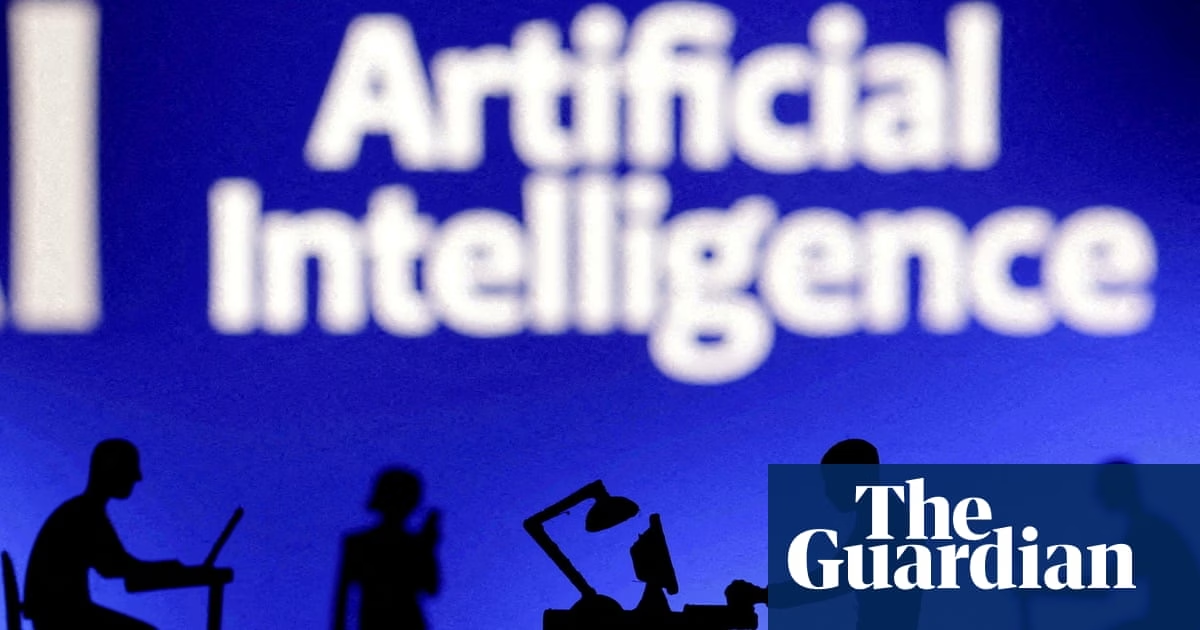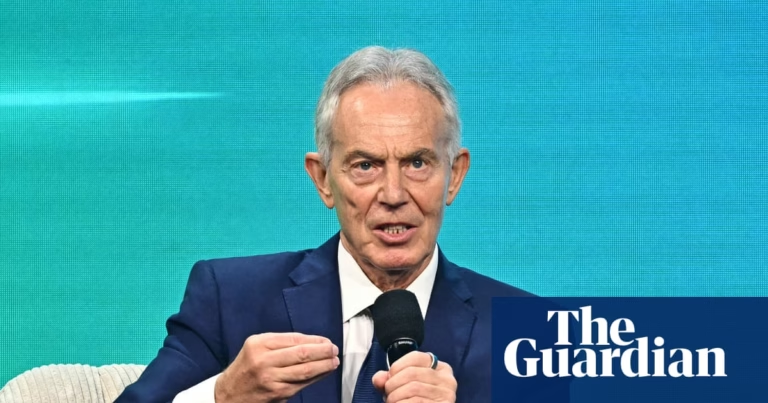There are concerns that AI could be one culprit behind the slowdown, as the ascendant technology destroys workers’ jobs.
The telecoms company BT has said advances in AI could lead it to cut more jobs, having already outlined plans to shed up to 55,000 workers two years ago – including as a result of investment in digital automation. Amazon has warned white-collar staff that their jobs could be replaced, Ocado has cut hundreds of roles to reduce costs while using AI, and Microsoft is shedding 9,000 jobs worldwide.
Despite these high-profile changes and mounting anecdotal evidence, most economists reckon that, so far, Britain’s slowing labour market has little to do with accelerating investment in AI.
ChatGPT agrees. It provides the top five reasons in bullet points.
- Rising employment costs and higher taxes.
- Monetary tightening and high interest rates.
Broader economic slowdown.
Weaker hiring demand.
The labour market adjusting to a “new normal”.
Unemployment rose to 4.6% in the three months to the end of April, up from about 4.4% at the start of the year. Business groups complain that hiring has been made more costly by a £25bn rise in employer national insurance contributions and a 6.7% increase in the national living wage. Economic growth is expected to remain sluggish in 2025, at about 1%.
For centuries, technological innovation has created jobs rather than destroyed them. The debate now is about how the transition is managed and how the gains from technological progress are shared.









